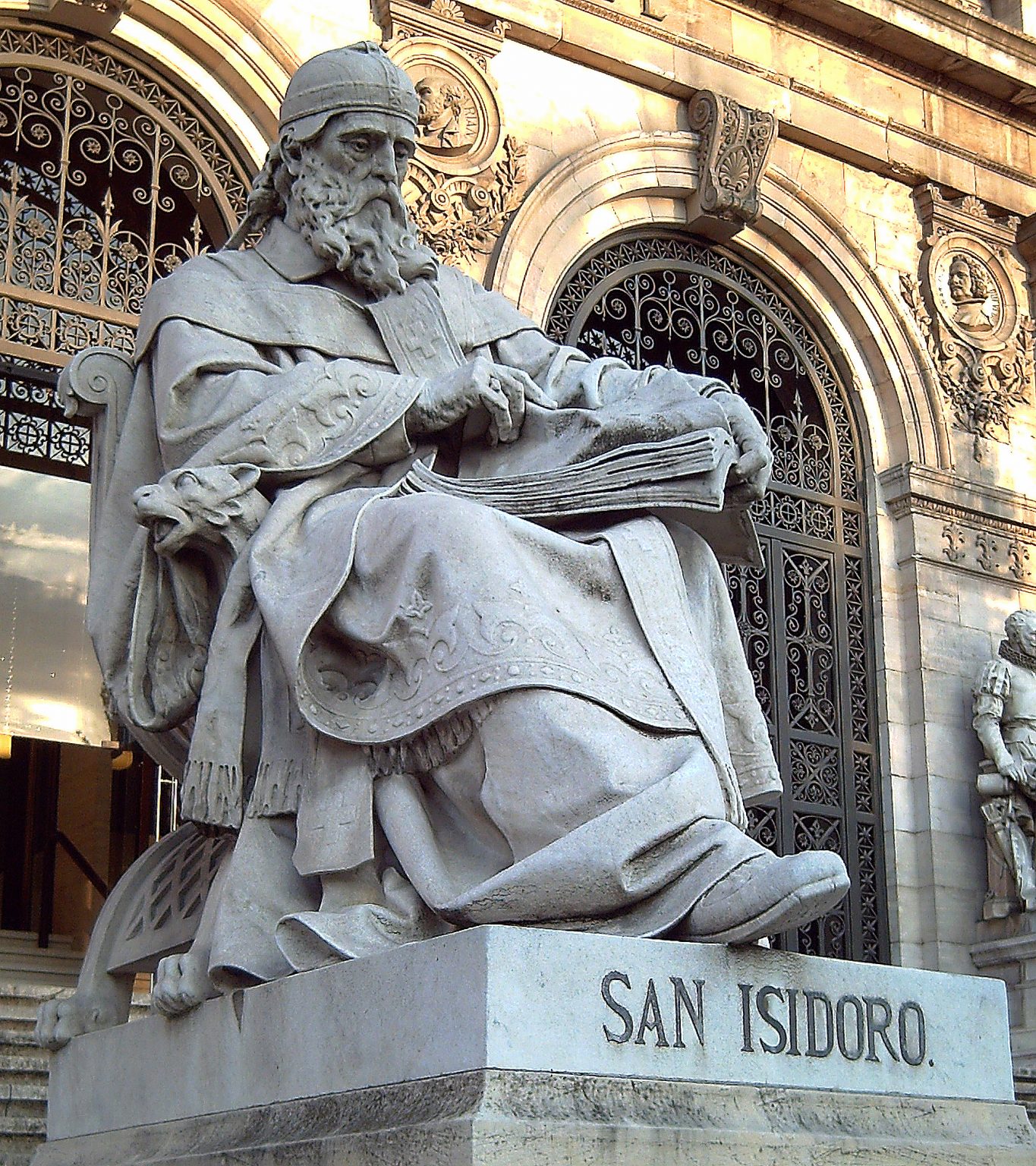Fr Paolo Consonni
Easter Third Sunday
“Failure is a bend in the road, not the end of the road,” “Failure becomes success when we learn from it” – I am sure you have heard similar conventional wisdom in some motivational speeches. Psychological research, however, shows that this is not the case when “shame” is predominantly involved. A person gripped by shame becomes almost frozen in time, unable to move on from the shameful event. Shame is very destructive because it undermines the sense of worthiness of the overall self: no learning is possible when you feel you are a “bad person.”
It is not surprising that Simon Peter, after denying Jesus, decided to go back to his old trade – a fisherman – not of men, but simply of fish. Before His Passion, Jesus put all His trust in Peter: “I tell you, you are Peter, and on this rock I will build my church” (Mt 16:18). Peter promised to stand by Jesus no matter what: “Even though I must die with you, I will not deny you” (Mt 26:35). But the denial came. In the courtyard of the high priest, when the cock crowed, his cowardice was fully exposed. Without a sword in his hand, he was no hero. He was just a normal man paralyzed by fear.
The first apparition of the Risen Christ did little to relieve the heaviness of Peter’s heart. Yes, Jesus defeated death, but Peter’s shame remained. He felt unworthy to be one of Jesus’ disciples, let alone their leader. The apparitions of the Risen Christ probably even increased the pain within his heart, rekindling the memories of the terrible night of his betrayal. When the Risen Christ said to the disciples: “Peace be with you,” Peter might have lowered his eyes in shame while all the other Apostles rejoiced. After the Risen Christ sent them into the world to bring reconciliation, he decided instead to go fishing. Broken inside, Peter felt unfit for this new mission and thought it better to go back to his old job.
We know the rest of the story (John 21:1-19). The fruitless night of work, the Risen Christ appearing on the shore, the nets miraculously filled with fish, Peter jumping naked into the sea, the breakfast on the shore… We can imagine Simon Peter uncomfortably trying to avoid Jesus’ gaze. When he heard Jesus calling his name: “Simon, son of John…” his heart might have beat in his chest with apprehension: “Here he comes, to settle the issue of my betrayal…”
“Simon, do you love me?” The question was surely unexpected. How to speak of love, of friendship after all he had done? Yet, this was all what mattered for Jesus. No mention whatsoever of Peter’s weakness, of his betrayal, of his abandonment. “Simon, do you love me more than these?” Looking straight into his eyes, Jesus did not rebuke Peter, nor did He sternly warn him: “Do not deny me anymore! Do not be a coward anymore! From now on, be coherent with your faith!” The gaze of Jesus upon Simon Peter bore no resentment, no anger, no disappointment – simply love.
Peter realized that despite everything, even his betrayal, yes, he loved Jesus. He loved Him more than anything or anybody else. True, he cowardly abandoned Jesus in the moment of His greatest need. But he loved Him. All the mistakes of his life would never cancel the reality of this love without which nothing made sense. It felt exactly as some months before, when facing people’s rejection Jesus asked the Twelve: “You do not want to leave too, do you?” and Simon Peter without hesitation answered him, “Lord, to whom shall we go? You have the words of eternal life” (Jn 6:67-68). It was an innocent answer, immediate and genuine, but not yet fully tested by reality. And this love was still there by the Sea of Galilee that day, a love stronger than Peter’s own shame and weakness: “Lord, you know everything; you know that I love you.”
Psychologists say that shame leaves people disoriented about the role they play in relationships and in society. Peter is a perfect example. Jesus, therefore, not only offered His forgiveness to Peter, but also restored his identity, not only as “fisher of men,” but also as shepherd of the Church: “Tend my sheep, feed them!” The way Peter could reciprocate Jesus’ love and restore again his real self-worth was to serve others and give his life to the community, as Jesus predicted: “Once you have turned back, strengthen your brothers!” (Lk 22:32).
Peter’s story is also my story and, I am sure, your story too. And no matter how disgraceful our past is, the Risen Christ once again addresses us with the words He used when He first called us: “Follow me,” the last words of Jesus in John’s Gospel. Christ’s love and the mission He entrusts to us, despite our weakness, is the only way out of shame, the only way which leads to a restored honorable life – in other words, the life of the resurrected.
(Photo: Schäferle at Pixabay)


 Follow
Follow


